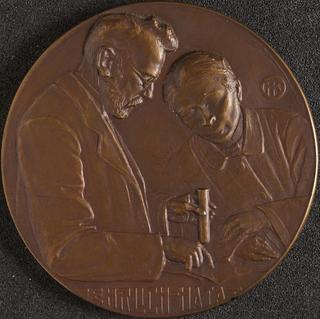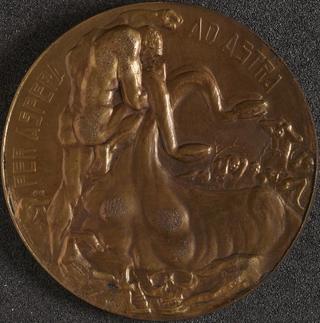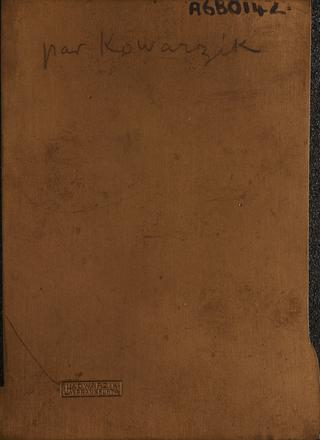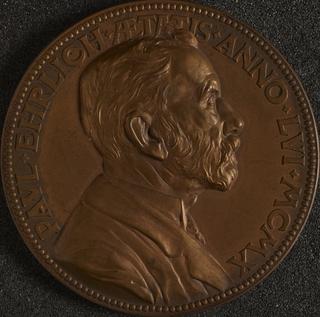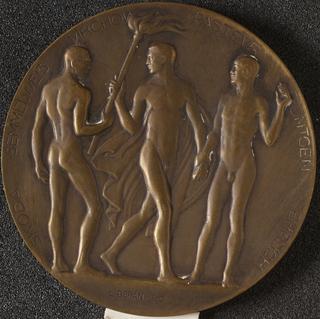
Paul Ehrlich 1854 - 1915
Paul Ehrlich was a German physician and scientist, working in the fields of hematology, immunology and chemotherapy. Indeed, Ehrlich coined the word 'chemotherapy' to denote the use of chemicals in the treatment or control of diseases.
The germ theory of disease developed by scientists such as Louis Pasteur and Robert Koch led to the development of the first ‘magic bullets’, chemicals developed to attack specific bacteria. Ehrlich, a member of Koch's research team, stained micro-organisms in order to observe them under the microscope. He found that some of the dyes he used for staining only attached themselves to the specific bacteria he was investigating, but not to human cells. He soon began looking for dyes that would simultaneously stain and act as a poison. These would kill this micro-organism but not the patient. His first working chemical, Salvarsan (discovered in 1905), provided the model for the development of many more ‘magic bullets’.
In 1908 Ehrlich received the Nobel Prize in Medicine for his research on the immune system.
